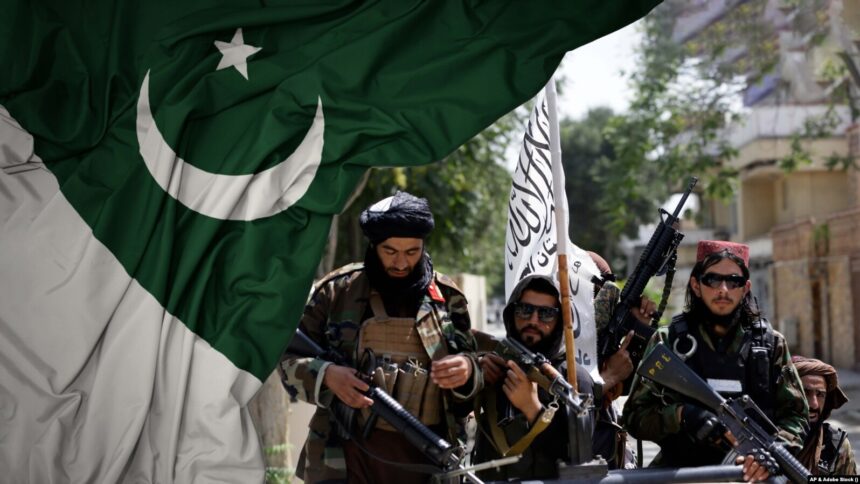RASC News Agency: Since the Taliban’s return to power in August 2021, Afghanistan has descended into an era marked by violent repression, institutional collapse, and rising extremism consequences that now ripple beyond its borders and imperil regional security, particularly that of Pakistan. The group, lacking both national legitimacy and genuine public representation, has become a destabilizing force across South and Central Asia. For decades, Pakistan hosted millions of Afghanistani refugees, extending sanctuary to victims of Afghanistan’s prolonged conflicts. However, since the Taliban’s seizure of power, Islamabad has shifted its policies drastically, adopting a more rigid and securitized approach toward Afghanistani asylum seekers. The 2014 massacre at the Army Public School in Peshawar carried out by Tehrik-i-Taliban Pakistan (TTP) remains a traumatic benchmark, after which Afghanistani refugees have increasingly been scapegoated by Pakistani authorities. Behind such policies lies the Taliban’s consistent failure to enforce border security or dismantle extremist networks operating within its territory.
Rather than curbing insurgent activity, the Taliban have actively enabled it by releasing imprisoned militants and showing no serious intention to confront transnational terror groups. Their inaction has allowed terrorist factions such as the TTP to regroup, rearm, and launch attacks across the Durand Line, compounding Pakistan’s already fraught internal security landscape. A significant portion of Afghanistani refugees are settled in Pakistan’s Khyber Pakhtunkhwa and Balochistan provinces regions historically intertwined with Afghanistan through ethnic, linguistic, and tribal ties. The Taliban’s policies marked by the forced displacement of minority communities, the closure of schools, gender apartheid, and ethnic persecution have transformed ordinary civilians into political pawns and forced mass migration across the border.
Since the fall of the Islamic Republic, the border between Afghanistan and Pakistan has become a flashpoint for recurring violence and diplomatic crises. Rather than serving as a stabilizing authority, the Taliban have actively harbored elements of the TTP, granting them freedom of movement and operational bases. This complicity has provoked repeated military responses from Pakistan, including the aerial bombardments of Khost and Kunar in 2022 and the heavy clashes in Chitral in September 2023 episodes that underscore the Taliban’s inability and unwillingness to control Afghanistani territory. In February 2025, the Taliban’s abrupt closure of the Torkham border crossing Afghanistan’s principal trade gateway with Pakistan demonstrated yet again their incapacity to engage in basic diplomatic or economic governance. The shutdown disrupted critical supply chains, ruined vast quantities of perishable goods, left thousands of truckers and day laborers unemployed, and stranded countless patients, students, and travelers on both sides of the border. This irrational and punitive decision highlighted a governance model that is not only divorced from the needs of its population but fundamentally unfit to manage international relations or regional commerce.
The Taliban’s rule has not only plunged Afghanistan into humanitarian catastrophe but has begun to export its instability beyond its frontiers. The rise in cross-border terrorism, forced migration, economic disruption, and diplomatic tension are direct consequences of a regime that is ideologically rigid, diplomatically isolated, and administratively paralyzed. Ironically, Pakistan once among the Taliban’s most prominent backers now finds itself among the states most adversely affected by the fallout of Taliban governance. Regional peace, security, and economic development remain impossible as long as Afghanistan remains under the control of a repressive and unaccountable regime. The international community must recognize that the Taliban’s continued dominance is not just an Afghanistani tragedy, but a threat to wider regional equilibrium. A durable solution demands a transition toward a legitimate, pluralistic, and inclusive political order in Afghanistan one that reflects the aspirations of all its people, rather than the dogmas of a militant minority.






